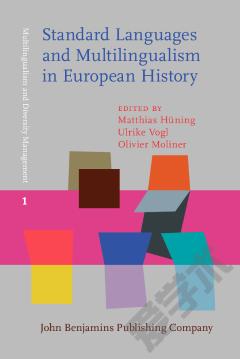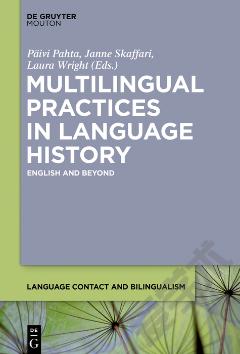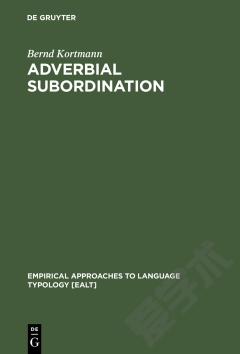Standard Languages and Multilingualism in European History.
This volume explores the roots of Europe's struggle with multilingualism. It argues that, over the centuries, the pursuit of linguistic homogeneity has become a central aspect of the mindset of Europeans. In its extreme form, it became manifest in the principle of 'one language, one state, one people'. Consequently, multilingualism came to be viewed as an undesirable aberration. The authors of this volume approach the relationship between standard languages and multilingualism from a historical, cross-European perspective. They provide a comprehensive overview of the emergence of a standard language ideology and its intricate relationship with matters of ethnicity, territorial unity and social mobility. They explain for different European language areas in what ways the emergence of standard languages had an impact on multilingual policies and practices. Its comparative approach makes this volume an important resource for linguists, researchers from different philologies and social historians.
{{comment.content}}








 京公网安备 11010802027623号
京公网安备 11010802027623号